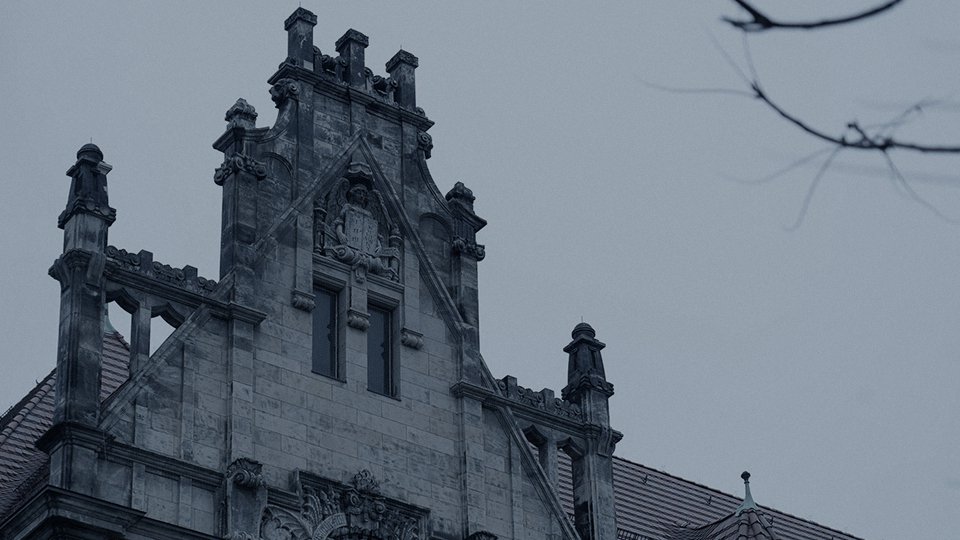Continuation of Joint-Plaintiff Closing Arguments

On December 2, 2020, during the short 23rd day of the Halle trial, the closing arguments of the joint plaintiffs continued. Four lawyers gave their closing statements and addressed, among other things, the responsibility that society bears for the crime.
At the beginning of her final statement, attorney Assia Lewin emphasized the significance of the main trial against the accused assassin of Halle: 75 years after the Nuremberg Trials, the world is looking to Magdeburg to see how a racist and antisemitic murderer is being brought to trial before a German court.
Lawyer Lewin named “the silence, the turning of a blind eye, the sweeping under the carpet” as essential factors that had contributed to the crime and particularly took the accused’s family into account: Although they had not been complicit in a criminal sense, they bore a high moral responsibility for the fact that the accused had become a “mass murderer”. For years, they had allowed the accused to radicalize and had offered him, among other things, the opportunity to build weapons and ammunition undisturbed within the walls of his home.
Lewin also addressed the accused directly: with his despicable and cowardly acts, he had achieved the exact opposite of his intention. After the attack, she said, it became clear that Jews, Muslims and People of Color stood together. Many of the Jews affected by the attack had chosen to show solidarity in the aftermath of the attack by deciding to live in Germany. While they might one day learn how to deal with the attack, the accused will have to remember day after day in the hard everyday life of prison that he not only murdered two people, but also destroyed his life and that of his family. The world will not remember his actions, but that he was judged as an antisemitic and racist murderer.
Like Attorney Lewin, the representative of the joint plaintiff, Yuri Goldstein, essentially agreed with the motion of the Attorney General on the 21st day of the trial. The accused’s act could not be topped in despicability and shows the problem of antisemitism in its ugliest form. Attorney Goldstein criticized that the proceedings were instrumentalized by the left and the right and that the perpetrator was unnecessarily given a stage. When he then began to praise the carpenter Thomas Thiele, who had built the door to the Halle synagogue, at length for his good work, some of the joint plaintiffs left the hearing room. They had repeatedly criticized the narrative of the door made of “good German oak”, which had saved the visitors of the Halle synagogue, in the main trial and in the press, most recently on the previous day of the trial. Goldstein’s criticism, that the perpetrator had been given a stage and that the trial had been instrumentalized was presumably also related to the efforts of the group of joint plaintiffs to address the ideological background of the crime and the failures of the security authorities. Despite his previous remarks, Goldstein concluded his speech by thanking all those involved in the proceedings for contributing to the fight against antisemitism, which affects everyone, through their actions during the trial.
At the beginning of his plea, attorney Florian Feige clarified why the shots at his two clients in Wiedersdorf had been attempted murders. The accused had tried to extort a car from the two joint plaintiffs and had severely injured them with shots in the neck and hip area.
After presenting his legal assessment of this attack, Feige addressed the accused directly: As a nameless hinkypunk, he will be forgotten, while the dynamics of solidarity that previous speakers had addressed will be remembered. In the past, Feige said, the accused would probably have sat alone in his local pub as a “village idiot”; today, in the age of the Internet, he would exchange ideas online with numerous other “village idiots.” But his insane ideas would not become truer by sharing them with many others. Feige asked the accused to spare the joint plaintiffs his “cerebral diarrhea” and not to make use of his right to the last word.
The trial will continue on December 8. The remaining plaintiffs’ representatives will then be heard. Some of the plaintiffs themselves also want to give a closing statement. The defense attorneys’ closing statements and, optionally, the accused’s last word are scheduled for December 9. The verdict is to be announced at 11 a.m. on December 21.